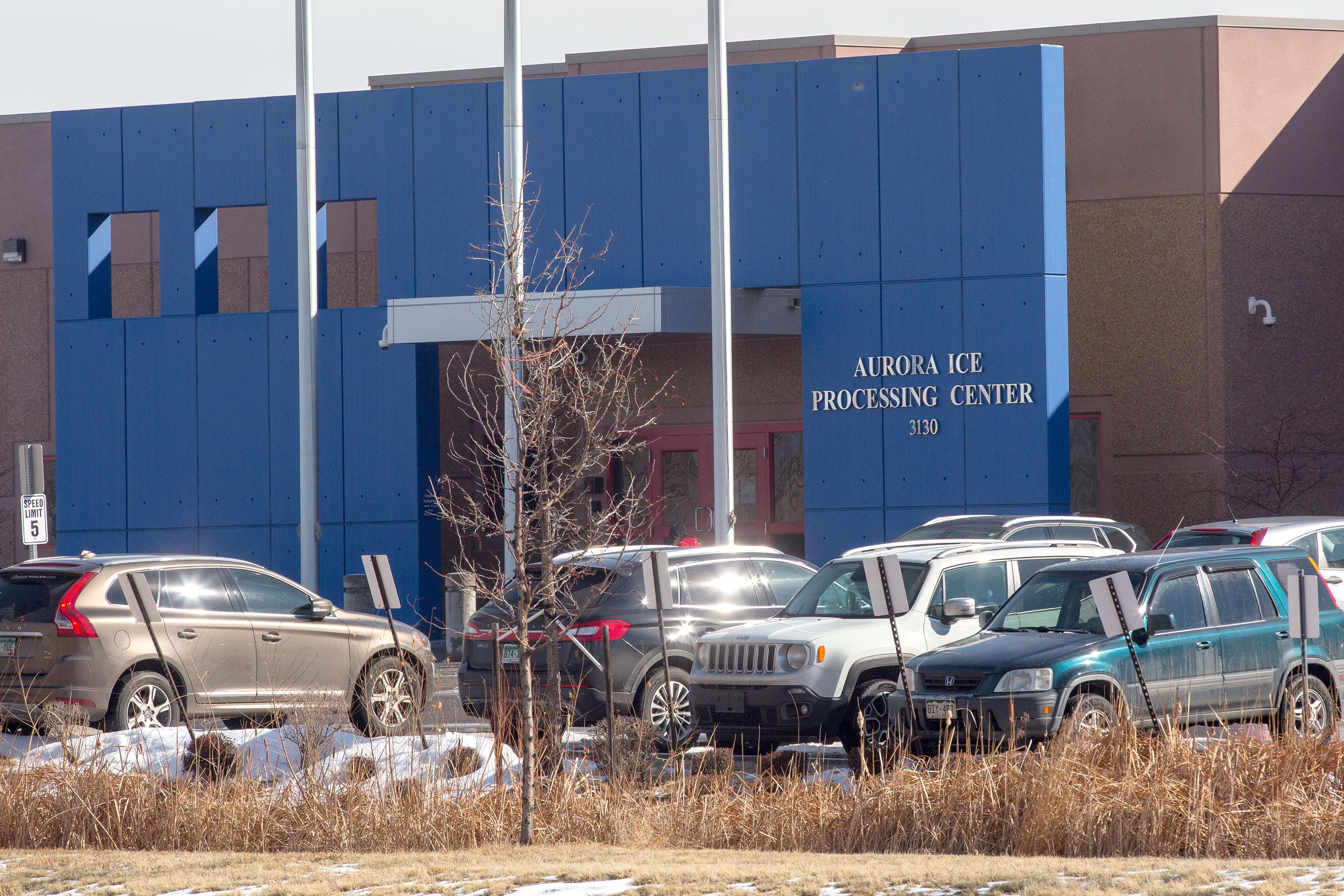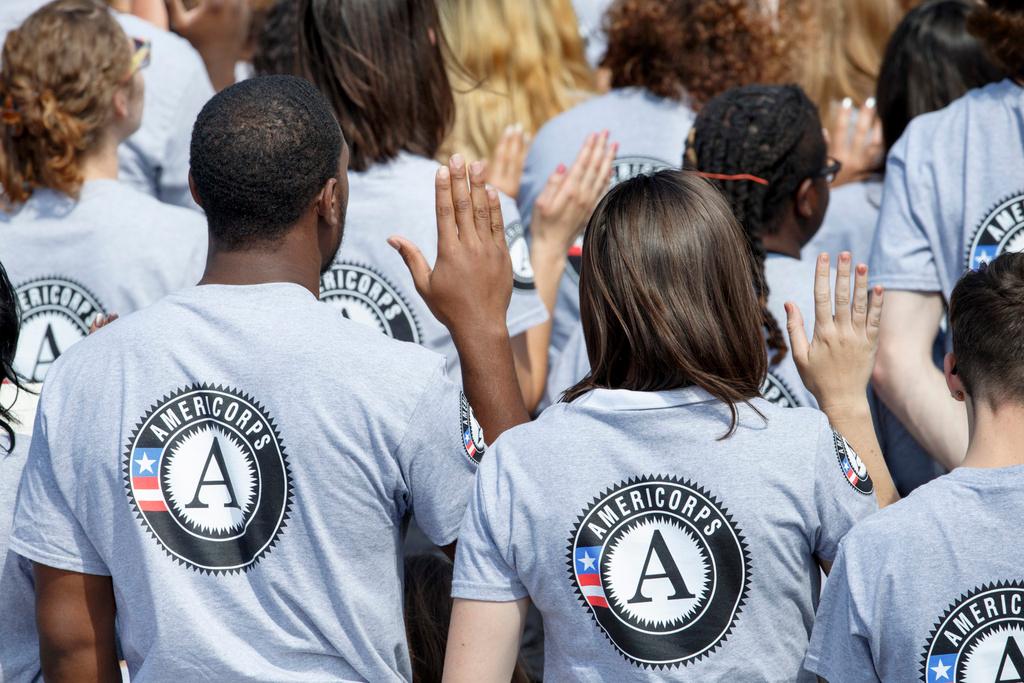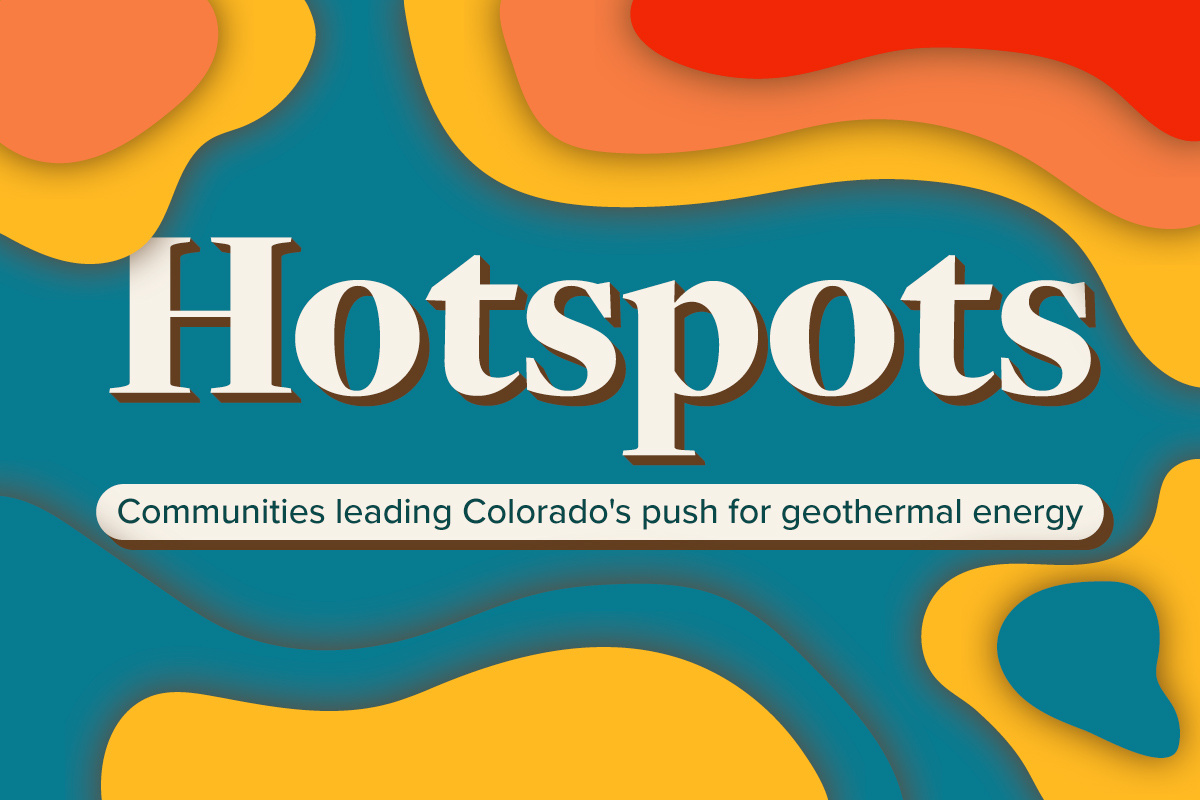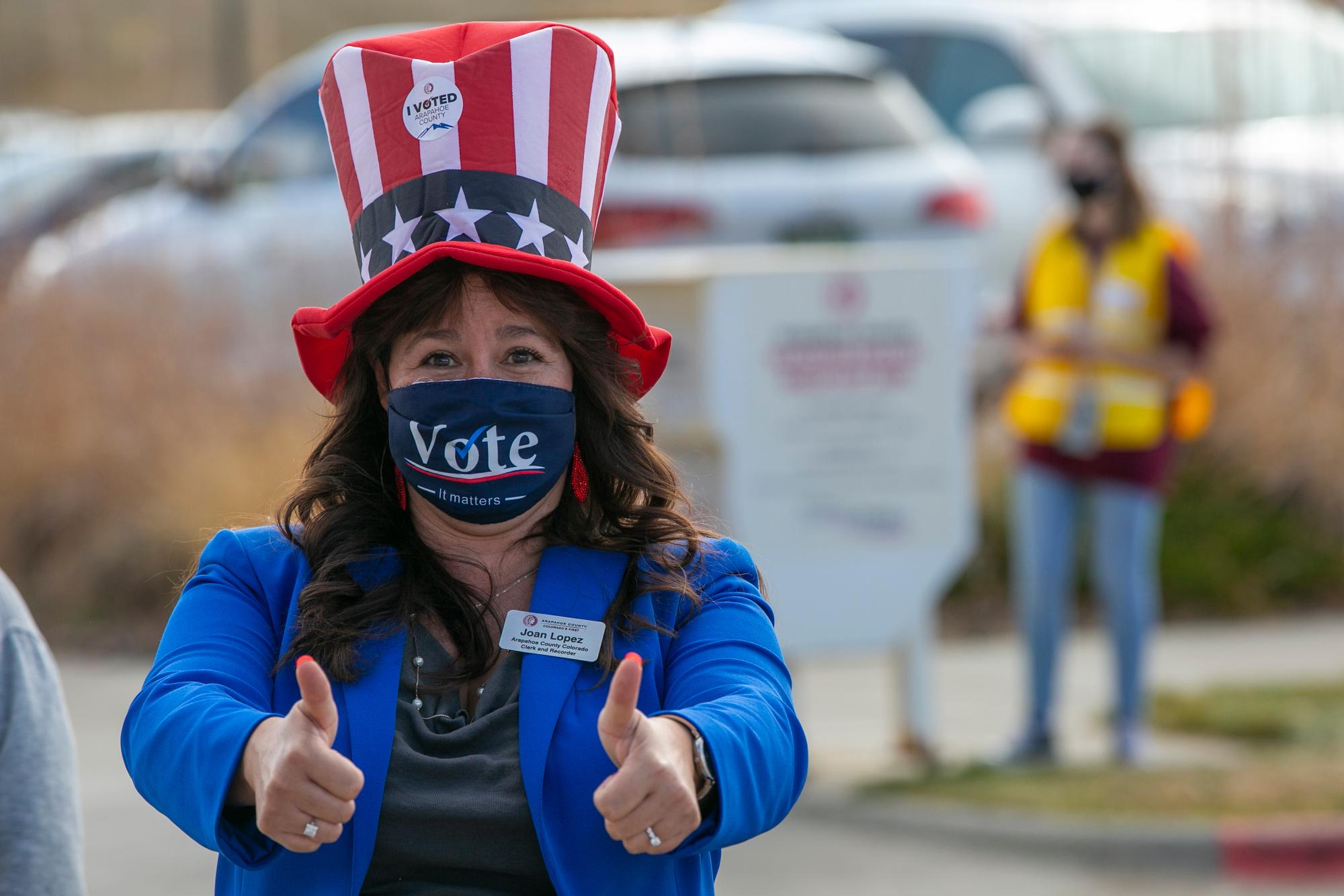
The politicians campaigning to win your vote have a lot of issues they want to talk about — but are those really the things Coloradans want to hear?
This summer, members of our newsrooms set off around the state to ask as many voters as they could one big question: What issues do you want candidates focused on?
The answers we gathered from more than 250 people are shaping how CPR covers the campaigns, and the upcoming election (In total, CPR News reporters conducted 167 interviews around the state, while our partners at Denverite put similar questions to 100 residents of the city).
The Economy
We heard it over and over again — people are worried about the economy, rising prices, and the cost of living. Probably not a big surprise if you’ve been shopping, driving, renting or trying to buy a house in Colorado this year.
Even though Colorado’s job market has been booming, lots of people told us that any growth to their income is dwarfed by how much more they’re having to spend. We met voters who are changing what they put on their breakfast plates and how often they can afford to drive to see loved ones.
Though few voters listed COVID or the pandemic as things they want candidates to talk about, several, when asked how government policies have affected their lives, mentioned losing their businesses during the shutdowns.
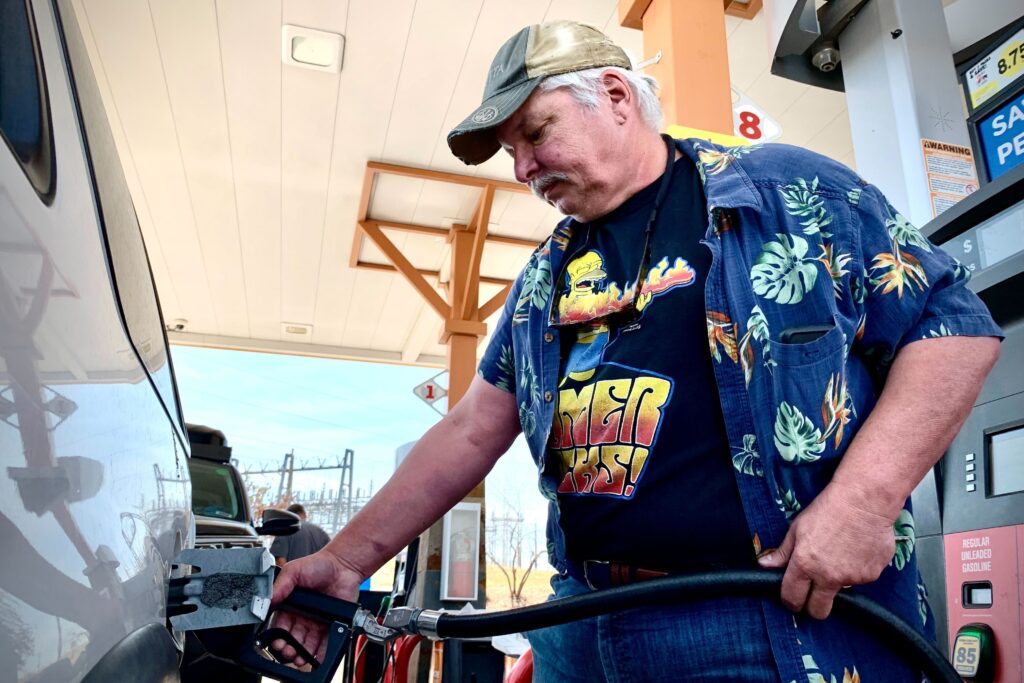
Economic pain overlaps with something else we heard about a lot: housing and growth. From what homes cost now to what’s being built for the future, how we live is on many Coloradans’ minds, and they want candidates talking about it too. The phrase that really stuck out was, as one voter said, “Colorado is losing its Colorado-ness.” People of all political persuasions told us they feel the state has changed a lot in recent years, and few said it’s been for the better. So how will our elected leaders help Colorado accommodate its recent population boom, and shape its identity into the future?
Housing policy is generally set at the local and state level, so it’s something particularly relevant for Jared Polis and Heidi Ganahl, the two candidates running for governor, as well as for candidates in your local and statehouse races. It will also be on the ballot in the form of Prop 123, which would obligate a portion of the state budget to affordable housing each year.
Bridging the political divide
Good government came up often as a priority for many voters, and in many forms. Many said they want candidates to talk about how they will work to bridge the painful divides of this current political moment. Others focused on the need for more transparency. And for some, it comes down to candidates explaining in clear, concrete terms what they want to, instead of resorting to hyperbole, attacks and inflated promises.
For some of the self-identified liberal voters we talked with, their concerns about governance extend to the Supreme Court, where the new conservative majority has some on the left questioning its power to broadly redefine the rights and laws we live under. A few brought up the idea of age limits or term limits for justices as something they want candidates to talk about.
A number of voters also mentioned the 2020 election, and the need to shore up weak points in the law to ensure the integrity of the system and restore faith after the reputational battering it has taken. Our sample of conservative voters was smaller, but several mentioned the 2020 election — in their views, stolen — as a top concern.
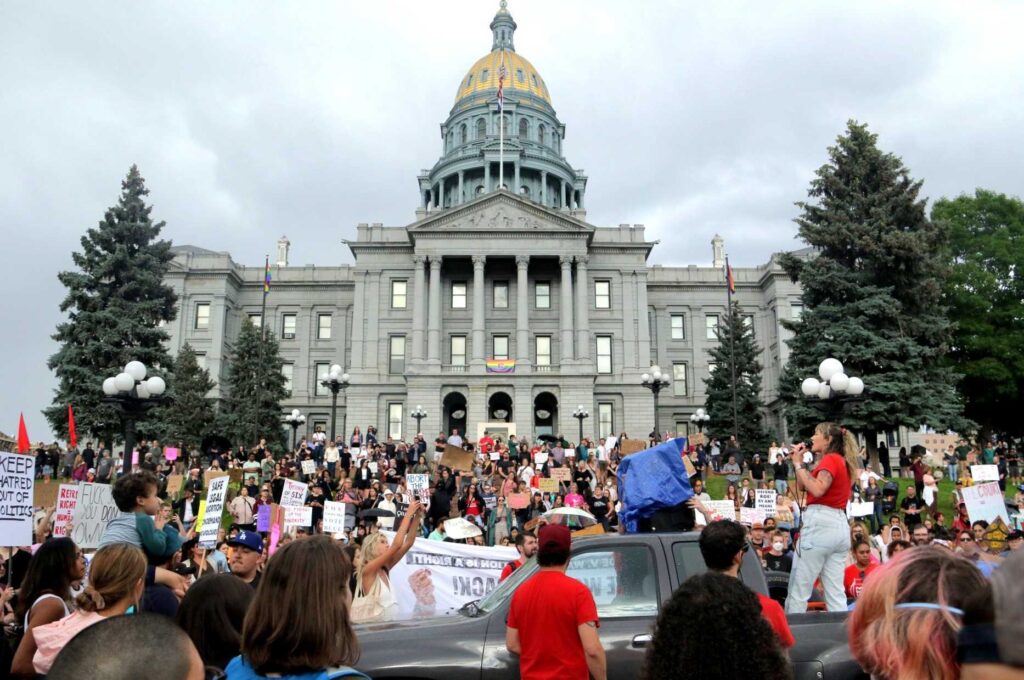
Candidates’ commitment to bipartisanship can be one of the hardest things for a voter to judge, especially when considering those who aren’t already in office. Incumbents have voting records that can be checked for how often they work across the aisle, but even there, voters must decide for themselves how much cooperation is the right amount. For instance, both Democratic Rep. Joe Neguse and Republican Rep. Ken Buck generally line up with their parties on partisan issues, but have been working together extensively on antitrust efforts.
When it comes to good governance, that too can vary a lot with a voter’s own political views; for instance, recent efforts to change the Electoral Count Act to prevent the kind of objections seen in 2020 have been received very differently by Democratic members of Congress than Republicans, including in Colorado’s own delegation.
Abortion
Abortion was also on the minds of many voters we interviewed, both those who want to see it stay legal and those who want it outlawed. Not only did 15 percent say it’s something they want to hear from candidates about, when we asked people how government policies have directly affected their lives, many brought up Roe v. Wade — and this summer’s decision overturning it.
Though abortion isn’t directly on the ballot, it is relevant to many races. The procedure is protected by a law Democrats passed earlier this year. But if Coloradans elect a governor and legislative majority interested in changing that, they would have the power to.
Abortion has also become a major issue in the Senate race. Depending on which party controls Congress, we are likely to see efforts to make the procedure legal again nationally, or limit it even in states like Colorado. Senators also vote on federal judicial nominees, who have — as recent rulings have shown — great power to shape, and reshape, national policies.
Climate change and the environment
For many voters — especially those who identify as moderate or liberal — climate change and the environment are top concerns they want to hear candidates address. One woman in Idaho Springs talked about her fears for the future of Clear Creek as she watches the snowmelt that feeds it dwindle away. Many others brought up the increasingly dire situation on the Colorado River. Protecting the state from wildfires and other disasters also ranked high for many.
However, the rate of voters who said they want candidates to talk about environmental and climate issues decreased in the two years since CPR last set out to hear people’s pre-election thoughts. It may be that more immediate concerns, like inflation and the future of legal abortion, have pushed this issue back down a bit on people’s roster of worries.
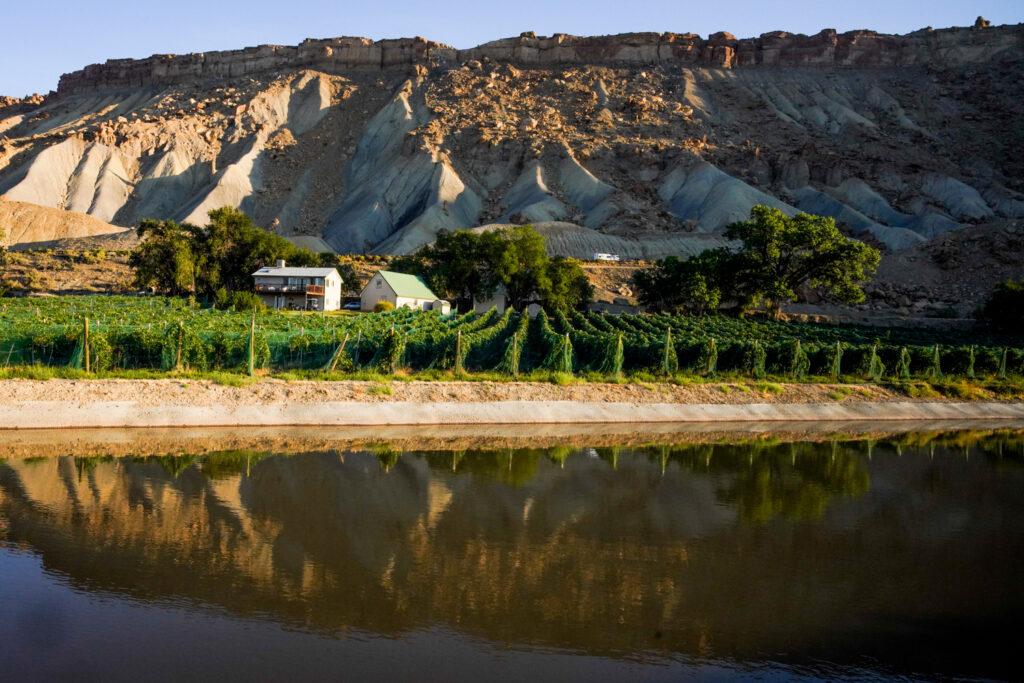
Environmental policy is one of those macro/micro issues that shows up in many races, from the state lawmaker level on up (and even more locally, with ballot questions like Denver’s ‘Waste No More’ initiative).
At the state capitol, lawmakers and the governor have a big role in setting water policy and trying to prepare Colorado as much as possible for the ever-growing threat of wildfires. Though many of those policies have been bipartisan, the parties are far apart on the underlying issue of climate change, with Democrats prioritizing the transition away from fossil fuels at the state and national levels, and Republicans focused on the potential economic pain that transition could cause.
Public Safety
In the past few years, crime rates have climbed in Colorado, while at the same time, the number of fatal overdoses and fentanyl poisonings have soared. Many voters want to know what candidates plan to do about them.
Though the country as a whole has seen increases in crime and overdoses, this is an issue that comes up particularly in state legislative races and the contest for governor. Lawmakers in recent years have passed policies reducing the penalties for low-level drug possession and some other crimes, like car theft. Backers argue the changes make the justice system more equitable, but critics blame them for exacerbating the problems. Many of those bills had bipartisan backing in the legislature, they passed while the legislature was under Democratic control and many Republican candidates argue they would take a different tack if elected.
When we asked people how the state has changed in recent years, people of all political persuasions brought up the increase in visible homelessness. But though liberal voters generally framed it as a problem with the cost of living, many of the conservatives and moderates we surveyed see it as a public safety issue. And though homelessness often gets talked about as a Denver metro problem in general, some of the voters who brought it up most consistently were actually in Trinidad, where they told our reporter an increase in unhoused people has made them feel less safe in public spaces like parks.
Homelessness is an issue where the most direct tools are in the hands of local leaders, but the problem is generally regional, making coordination crucial. The state does have a role to play too, especially in how it funds and organizes mental health and safety net supports. So voters who are concerned about homelessness, however they perceive the problem, will want to look into what their candidates for county commissioner and state legislature are saying they want to do.
Some of the people who talked about safety concerns also brought up the U.S. border with Mexico and fears that a lack of border security is fueling the increase in deadly illegal drugs in the state. How to handle border and immigration policy rests in the hands of the president and Congress, and so is an issue in Colorado’s House and U.S. Senate races.
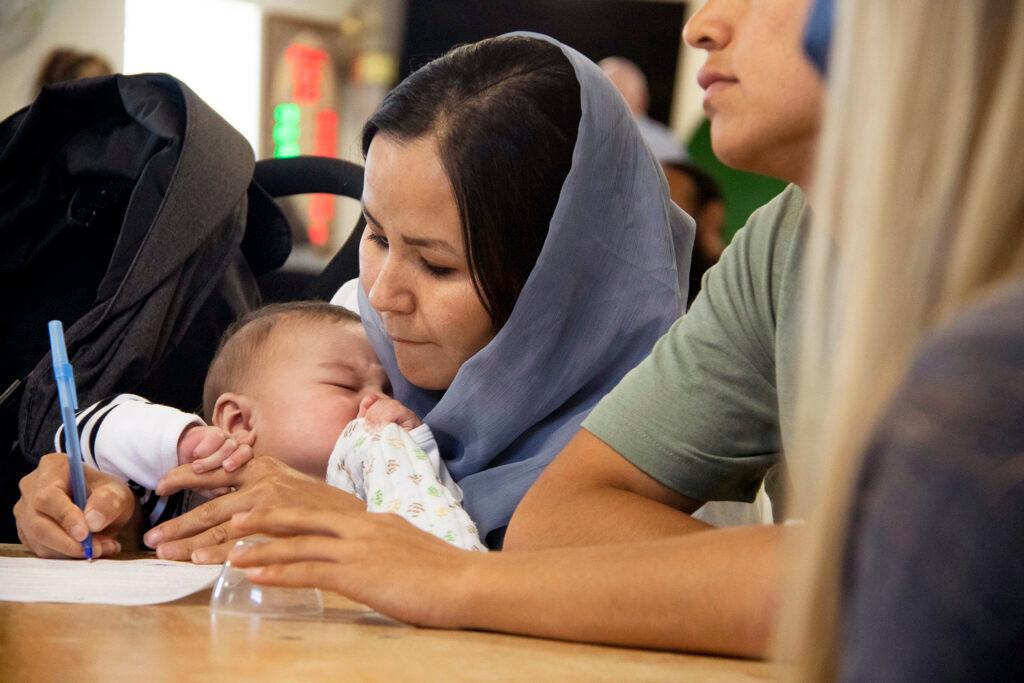
While self-identified conservatives tended to bring up the border as a concern for public safety (and in some cases as an economic issue, with concerns about immigrants contributing to the rise in housing costs), many moderate and liberal voters said they want to hear candidates support immigration reform — particularly a path to citizenship for younger undocumented immigrants. And among the Latino voters we talked with, immigration policies came up repeatedly as a way in which political decisions have directly affected their lives.
As CPR continues to cover the election this season, expect our reporters to continue asking candidates the questions Coloradans care most about. Our goal with this Citizens Agenda is not only to help provide the information for you to make the best decisions you can when voting but to make sure our coverage of political issues most accurately reflects the concerns of Colorado's residents.

